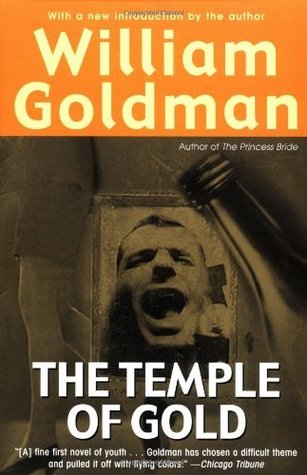What do you think?
Rate this book


224 pages, Paperback
First published January 1, 1957
"I hear you're an absolute angel," I said to him that morning.
"I hear you're not," he came right back, which threw me, because I didn't know how the news had spread so fast.
"Well, Zocker," I said, belting him one on the arm, "don't take any wooden nickels."
"My mother has already warned me."
"And stay loose."
"I shall," he said. "I shall endeavor to try."
"Do endeavor so," I said, imitating him.
We shook hands. "Good-by," I said.
"Good-by, Euripedes."
"Good-by."
But neither of us moved.
"I hear you're an absolute angel," I said finally.
"I hear you're not," he said.
Then we both ran.
"I hear you're an absolute angel," I said to him that morning.Ray, a fairly nice looking, outdoorsy kid, who struggles to get by in school. Zock, an "ugly" straight-A student who loves poetry. They have nothing in common, and so, of course, after a brief fight, they become best friends.
"I hear you're not," he came right back, which threw me because I didn't know how the news had spread so fast.
"Well, Zocker," I said belting him one on the arm. "Don't take any wooden nickels."Zock returns home after his first year at Harvard, excited to see Ray again. After one year, Ray wants only to drink. Ray insists on driving while drunk. The inevitable accident. Zock is killed. "Murdered" in the eyes of Zock's parents, of the townspeople, and of Ray himself.
"My mother has already warned me."
"And stay loose."
"I shall," he said. I shall endeavor to try."
"Do endeavor so," I said, imitating him.
We shook hands. "Good-by," I said. "Good-by, Euripides."
But neither of us moved.
"I hear you're an absolute angel," I said finally.
"I hear you're not," he said.
Then we both ran.
"Zock, I'm cracking. Help me. Help me for Christ's sake. I can't find the handle, Zock. Tell me what to do. Tell me now because I'm cracking."He finally finds himself lying in bed, spending a spell in the hospital's mental health ward.